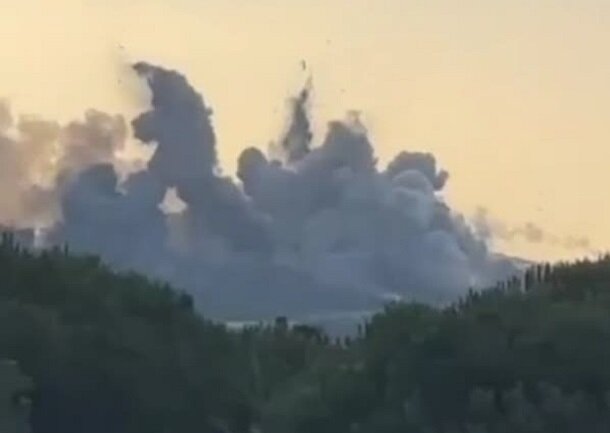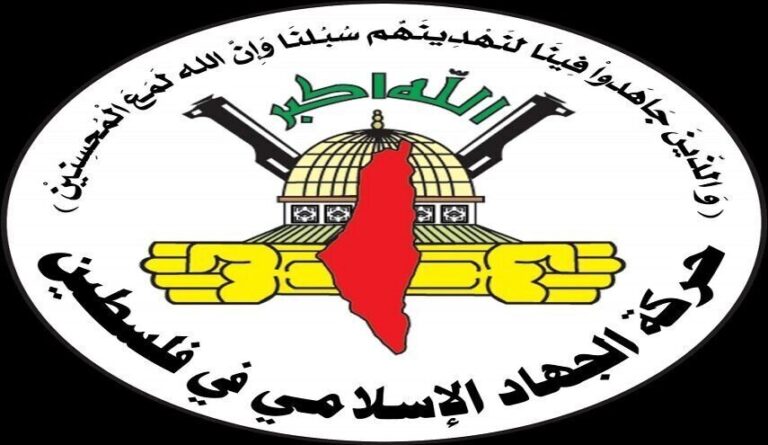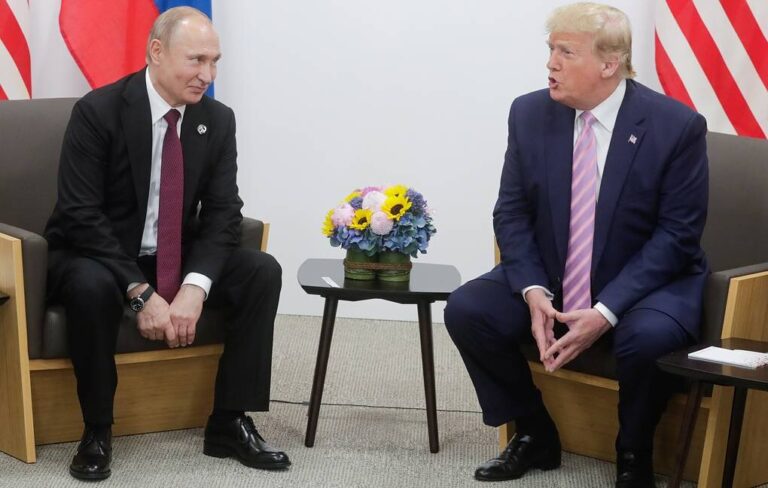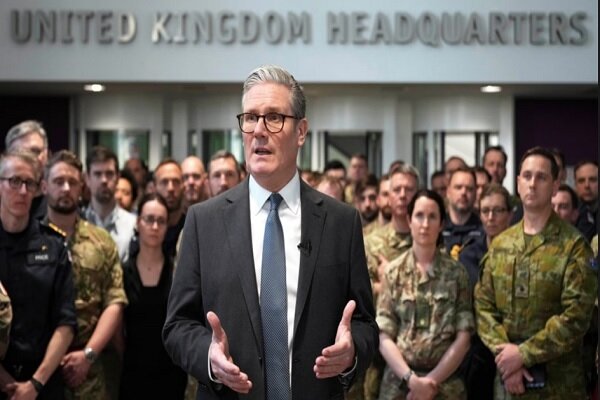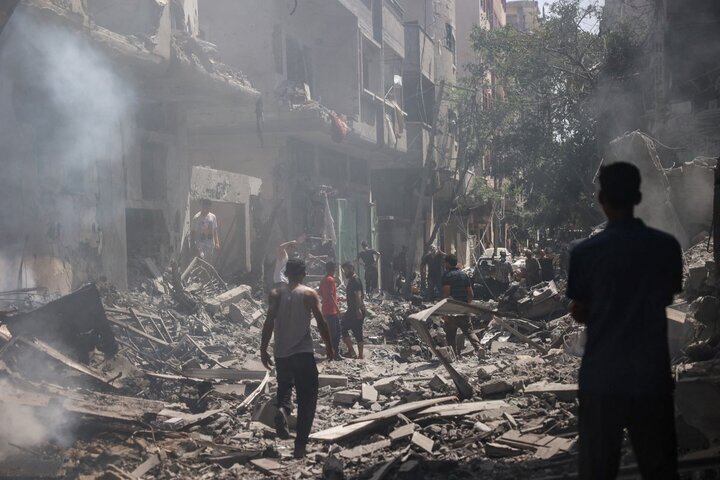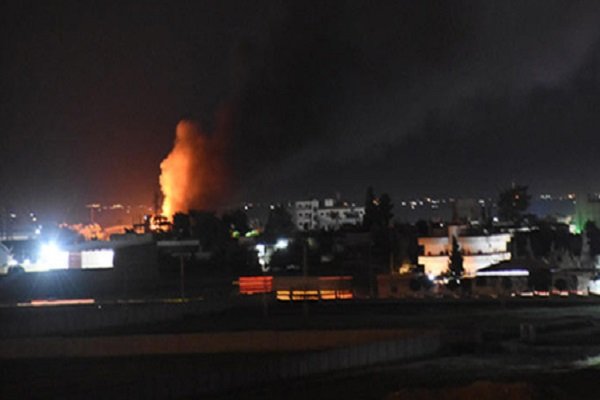Israel Intensifies Airstrikes in Southern Lebanon Amid Rising Tensions
The recent escalation of tensions in the Middle East has drawn significant attention, particularly following the Israeli drone attack on southern Lebanon. On Friday morning, the Israeli regime targeted the village of Taybeh, marking another chapter in the ongoing conflict in the region.
According to reports, the drone strike aimed at the machinery involved in retrieving the bodies of martyrs in the area. This act has raised serious concerns about the humanitarian implications of such military actions. In addition to Taybeh, other regions in Lebanon, including Rmaish and Kfarchouba, have also experienced hostilities attributed to the Israeli regime.
In a significant development, the White House announced on Monday morning an extension of the deadline for the Israeli withdrawal from Lebanon. This decision comes after the initial 60-day timeline, outlined in the ceasefire agreement, has now been pushed to February 18.
Since the implementation of the ceasefire with Hezbollah, there have been numerous violations by the Israeli regime. Reports indicate that these violations have occurred on hundreds of occasions, contributing to the ongoing instability in the region. The implications of these actions are far-reaching and have prompted international discussions regarding peace and security in Lebanon.
- Drone Attack on Taybeh: The Israeli regime’s drone strike targeted machinery involved in recovering bodies.
- Hostilities Across Lebanon: Other areas such as Rmaish and Kfarchouba have also reported attacks.
- Ceasefire Agreement Violations: The Israeli regime has violated the ceasefire numerous times since its inception.
- Deadline Extension: The White House has extended the withdrawal deadline to February 18.
As the situation continues to evolve, it is crucial to monitor the developments closely. The actions taken by the Israeli regime not only impact Lebanon but also have broader implications for regional stability. The international community remains watchful, advocating for peace and a resolution to the ongoing hostilities.
The humanitarian aspect of these military operations cannot be overlooked. The ongoing conflict has resulted in significant loss of life and has created a dire humanitarian situation for those living in affected areas. The continuous cycle of violence further exacerbates the struggles faced by innocent civilians caught in the crossfire.
In light of these events, it is essential for diplomatic efforts to be intensified. Stakeholders in the region, including international powers, must engage in constructive dialogue to address the underlying issues fueling the conflict. Only through collaborative efforts can a lasting peace be achieved.
Furthermore, the role of media coverage in these situations is pivotal. Accurate reporting can help shed light on the realities faced by those living in conflict zones. It is imperative that news outlets provide comprehensive coverage that highlights both the military actions taking place and the resulting humanitarian crises.
In summary, the recent drone attack by the Israeli regime on southern Lebanon underscores the fragile state of affairs in the region. As the deadline for withdrawal has been extended, the international community must remain vigilant and work towards a peaceful resolution. The ongoing violations of the ceasefire agreement only serve to complicate matters further, necessitating a united front against violence and for the promotion of peace.
As we look to the future, the hope remains that through concerted efforts and unwavering commitment to peace, the cycle of violence can be broken, paving the way for a more stable and prosperous Middle East.
